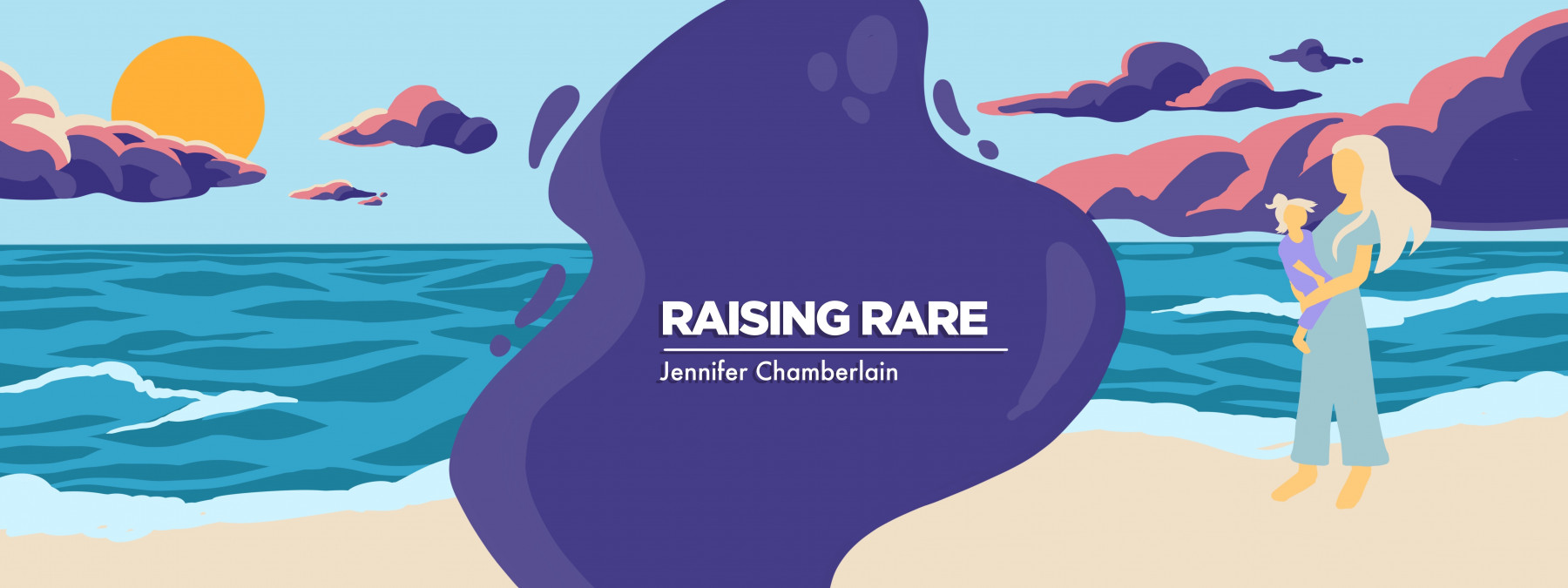How the costs of cystic fibrosis made me more financially savvy
My actions now can help protect my daughter's health in the future
Written by |

Imagine getting a $2.5 million hospital bill within days of putting in notice to quit your full-time job. That was the exact scenario I faced in February 2019.
At that time, my daughter, Claire, had just been born with cystic fibrosis (CF) and spent 68 days in the hospital. My husband and I were working high-stress, more-than-full-time jobs.
After experiencing the demands of the neonatal intensive care unit, we recognized that one of us would need to cut back on working. I was at the height of my career as an attorney, but we decided I would assume the primary caregiver role. I couldn’t leave my job completely. Instead, I returned to work part time while Claire was still in the hospital. My salary was cut by more than half overnight, yet we had more expenses.
Aside from the piling medical bills, I had to pay for parking, gas, hospital cafeteria food, and child care for my son at home. These somewhat tiny incidental expenses added up in a big way when I had far less money coming in. Right away, I was confronted with the financial weight of cystic fibrosis and the stress it brought. Things would need to change.
Budgeting basics
CF can be a very expensive disease. There are constant expenses with daily treatments, medications, doctor appointments, hospitalizations, and procedures. A recent article published in the Journal of Cystic Fibrosis estimates that annual costs for individuals with cystic fibrosis range from $451 to $160,000 per person in the United States. Even more alarming, this cost burden forces CF families to make difficult decisions about basic necessities such as food, housing, and even when to seek care.
In the beginning, I was clueless about how expensive this disease was. We had insurance, so I figured it would be fine. The impact, though, turned out to be massive. The first couple years were rough while I worked part time. I have always had some kind of budget since I got my first job at age 15. Still, it was a struggle to adjust to having a significant additional monthly expense.
I made a lot of small changes to help us initially, such as cooking at home more and clipping digital coupons for groceries. I was strategic about where and when I filled my gas tank. I didn’t buy any clothes for myself for probably two years. I only traveled with points. Luckily, this era coincided with the pandemic, when I spent most of my days working from home in sweats.
Today, I have a little more flexibility, as I returned to work full time last year. Still, even with a dual income back, I have to be mindful of our spending and priorities. I still stick to a relatively strict budget every month. It can be frustrating to spend any discretionary money on medical bills.
Protecting our children’s financial future
Having a chronically ill child makes you think about the future in a different way than most typical parents probably do. I worry about what will happen with Claire’s care when I am no longer here. What would happen if I were gone unexpectedly soon? Who would take care of her? How would she pay for medications?
This reality forced me to contemplate my own mortality, get organized, and make my own end-of-life plans a lot sooner than I expected. As a result, my husband and I purchased additional life insurance policies shortly after Claire’s birth. If something happens to one or both of us, we want to ensure that Claire maintains the same level of care.
I want it all planned out, as morbid as that sounds. I had first heard of a special needs trust in law school, but had no clue what it was really for. We consulted with a friend of mine who practices in wills and estates, and she suggested we create one. A special needs trust is unique in how it protects a child with a disability. It ensures the child can receive financial support through the trust without those assets affecting access to public need-based benefits programs. Putting that in place made me feel a lot more comfortable knowing she would have a wraparound support system.
I don’t know what the future holds in terms of my life or the progress of Claire’s disease. I feel a sense of control knowing my actions now can set her up financially to fight CF in my absence.
Note: Cystic Fibrosis News Today is strictly a news and information website about the disease. It does not provide medical advice, diagnosis, or treatment. This content is not intended to be a substitute for professional medical advice, diagnosis, or treatment. Always seek the advice of your physician or other qualified health provider with any questions you may have regarding a medical condition. Never disregard professional medical advice or delay in seeking it because of something you have read on this website. The opinions expressed in this column are not those of Cystic Fibrosis News Today or its parent company, Bionews, and are intended to spark discussion about issues pertaining to cystic fibrosis.







Leave a comment
Fill in the required fields to post. Your email address will not be published.